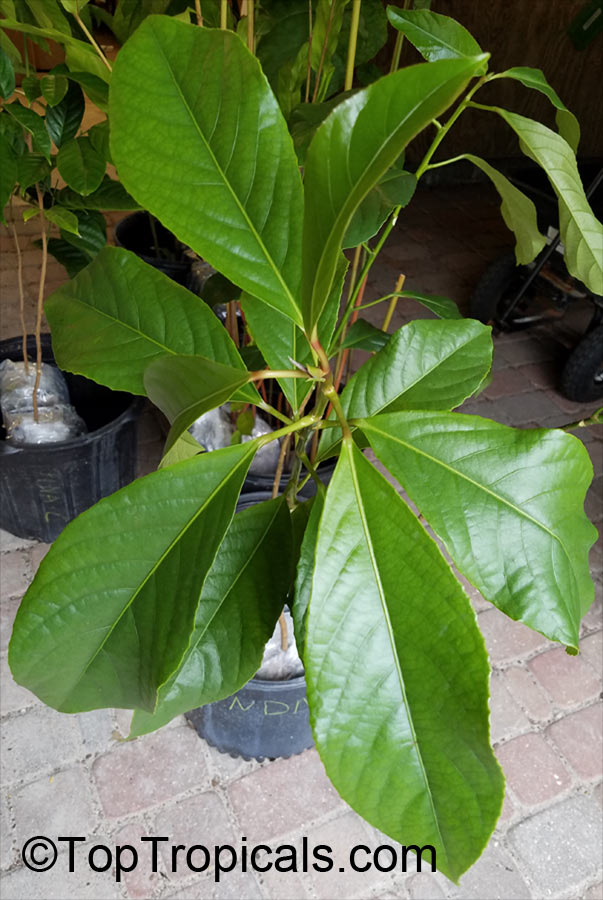Baccaurea dulcis (Rambai)
Botanical name: Baccaurea dulcis
Common names: Rambai, Kampuduang, Menteng
Family: Phyllanthaceae
Origin: Sumatra, Java






Baccaurea dulcis (Rambai) is an uncommon, small tree that is native to the low elevation rain forests of Sumatra and Java. It typically stands between 10 and 20 feet tall and thrives in full sun or semi-shade circumstances. Rambai requires an adequate amount of water on a regular basis in order to remain healthy; it prefers a soil that is rich and slightly on the acidic side. With proper care, this tree is adaptable to USDA Zones 10 through 11; however, it needs to be protected from cold weather and can be grown indoors or in greenhouses in colder climates.
Throughout its natural range, the Rambai is an ethnomedical plant that is used for various medicinal and edible purposes. It produces edible fruits that are swollen, spherical and approximately two inches in diameter. These fruits ripen to a bright orange color and develop a sweet and tart flavor over several weeks. It is important to note that if the fruit is still tart, it is not yet ripe. The tree is also known for its large edible seeds, which can be cooked and consumed as a nutritious snack.
